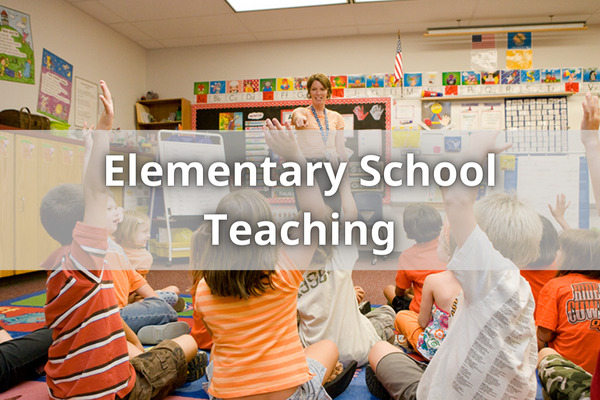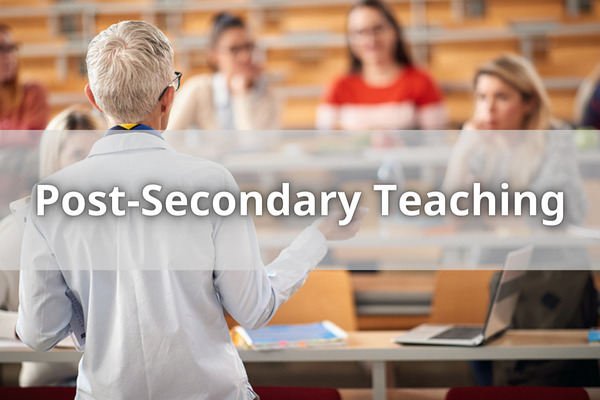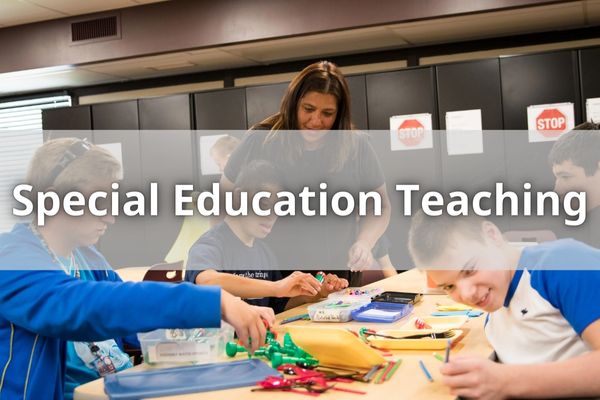Skills And Qualifications Required For Each Type Of Teaching Position
Teaching is a rewarding and challenging career that requires dedication, communication, and the ability to work with students of all ages. Different types of teaching positions require different skills and qualifications in order to be successful. This article will discuss the various skills and qualifications required for each type of teaching position.
Teaching positions can range from early childhood educators to college professors, and they come with different levels of responsibility. Each type of teaching position requires its own unique set of qualifications and skills in order to ensure the success of a teacher’s classroom environment. It’s important for teachers to understand what these requirements are in order to ensure they are properly qualified for their desired positions.
Early Childhood Education
Working in early childhood education requires a wide variety of skills and qualifications.
Teachers must be patient and nurturing, and have an understanding of developmental stages, as well as knowledge of how to create a safe and stimulating learning environment. A teacher should also possess excellent communication and interpersonal skills, enabling them to interact positively with children, parents, and other staff.
A degree in Early Childhood Education is usually preferred for this type of position. However, some employers may accept candidates with a degree in other areas if they can demonstrate the necessary qualifications. In addition, most states require teachers to obtain certification or licensure prior to working in early childhood education. Teaching experience is also desirable; however, some institutions may provide training for those without prior experience.
Overall, the requirements for early childhood education positions are varied yet essential for ensuring the best possible learning outcomes for young children. Therefore, it is important that teachers possess the necessary educational background and aptitude befitting such positions.
Elementary School Teaching

Teaching elementary school students provides a unique opportunity to help shape the minds of tomorrow’s leaders. It is an incredibly important role that requires a diverse set of skills and qualifications.
To be successful in an elementary school teaching position, one must have excellent communication skills and the ability to build relationships with parents, colleagues, and administrators. They should also possess strong organizational and classroom management skills to create a productive learning environment. Additionally, they should have knowledge of current teaching methods, as well as experience using technology in the classroom.
Lastly, they must demonstrate a passion for teaching and helping children reach their highest potential. Having the necessary skills and qualifications to be an effective elementary school teacher does not end with just knowledge.
An individual must possess qualities such as patience, creativity, enthusiasm for learning, and empathy for students who may struggle academically or emotionally. These qualities are essential for success when working with young learners and can help create an engaging classroom atmosphere where students feel comfortable expressing themselves and developing new ideas.
With these traits combined with the appropriate skillset, teachers can ensure that their students are receiving the best possible education available.
Secondary School Teaching
Teaching secondary school students is a unique and rewarding experience. It requires a diverse set of skills and qualifications to ensure success, such as specialized subject knowledge, classroom management techniques, and the ability to adapt to different learning styles.
A secondary school teacher must be able to teach the fundamental subject matter without losing sight of the need for creativity in their lessons. They must also have excellent communication and organizational skills, as well as the capacity to motivate their students. Additionally, they should be comfortable with using digital tools such as computers or tablets to enhance their instruction.
In the end, to succeed in this sector, you need a certain type of individual with the proper mix of experience and knowledge. With the right attitude and commitment to fostering an engaging learning environment, any teacher can become an effective mentor for their students.
Post-Secondary Teaching

Moving from secondary school teaching to post-secondary teaching, the prerequisites for success in the job are vastly different.
While secondary teachers must be adept at motivating students, post-secondary teachers must have a deep knowledge of their subject matter and be able to engage students in discussion and debate.
Post-secondary teaching requires advanced qualifications such as a PhD, with particular emphasis placed on research experience and publications. A mastery of the curriculum is also essential, as post-secondary professors often use their own methods to teach courses that are not based solely on textbooks.
In addition to having the necessary credentials, post-secondary educators also need to be proficient communicators with students, teachers, and administrators, among other groups.
Finally, they need to be able to design interesting lessons that will engage students and provide them a chance to learn something new.
Special Education Teaching

Teaching students with special needs is a rewarding yet challenging job. Education and future preparation of young minds demand particular knowledge and abilities.
Teachers in special education must be able to identify the unique requirements of each of their students, design lesson plans that take those needs into account, and interact with parents and other educators in an effective manner. They must be fully aware of the specific limitations of their pupils in order to carry out these duties, and they must be able to get along well with them.
Additionally, in order to give their pupils the greatest learning environment possible, special education teachers need to be kind, patient, and compassionate. In addition to these qualities, special education teachers must also possess excellent organizational skills, be adept at using technology in the classroom, and have strong communication skills.
With these qualifications and abilities in hand, special education teachers can ensure that all of their students receive an exceptional educational experience.
Conclusion
To sum up, teaching is a rewarding profession that requires a variety of skills and qualifications. Depending on the type of teaching position and the school district, these requirements can vary greatly.
It’s important to do research on the job outlook, salary expectations, certifications, and experience needed for each type of teaching position in order to be successful in this field.
With dedication and perseverance, teachers can find the right fit and make an impact in their students’ lives.







